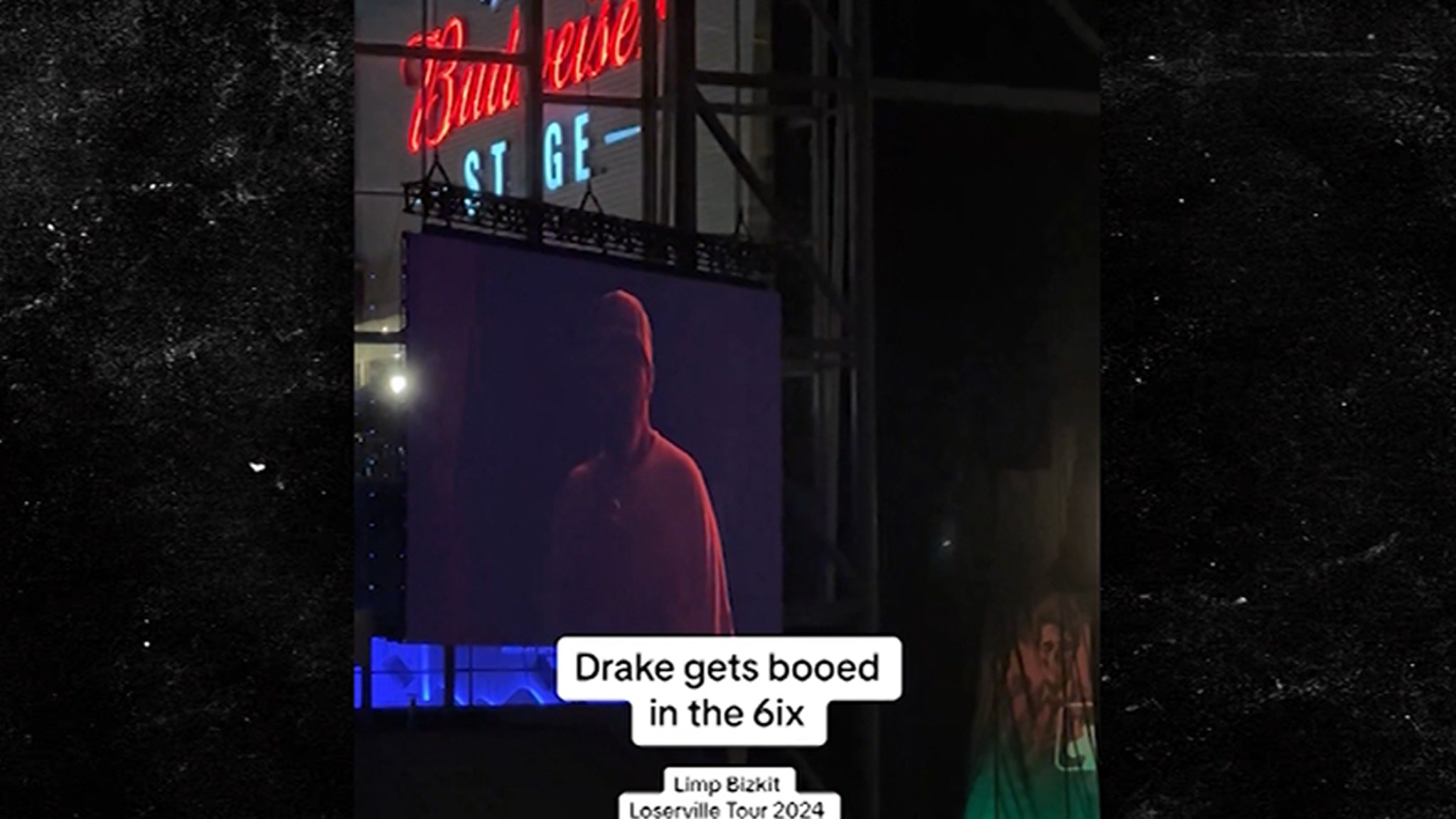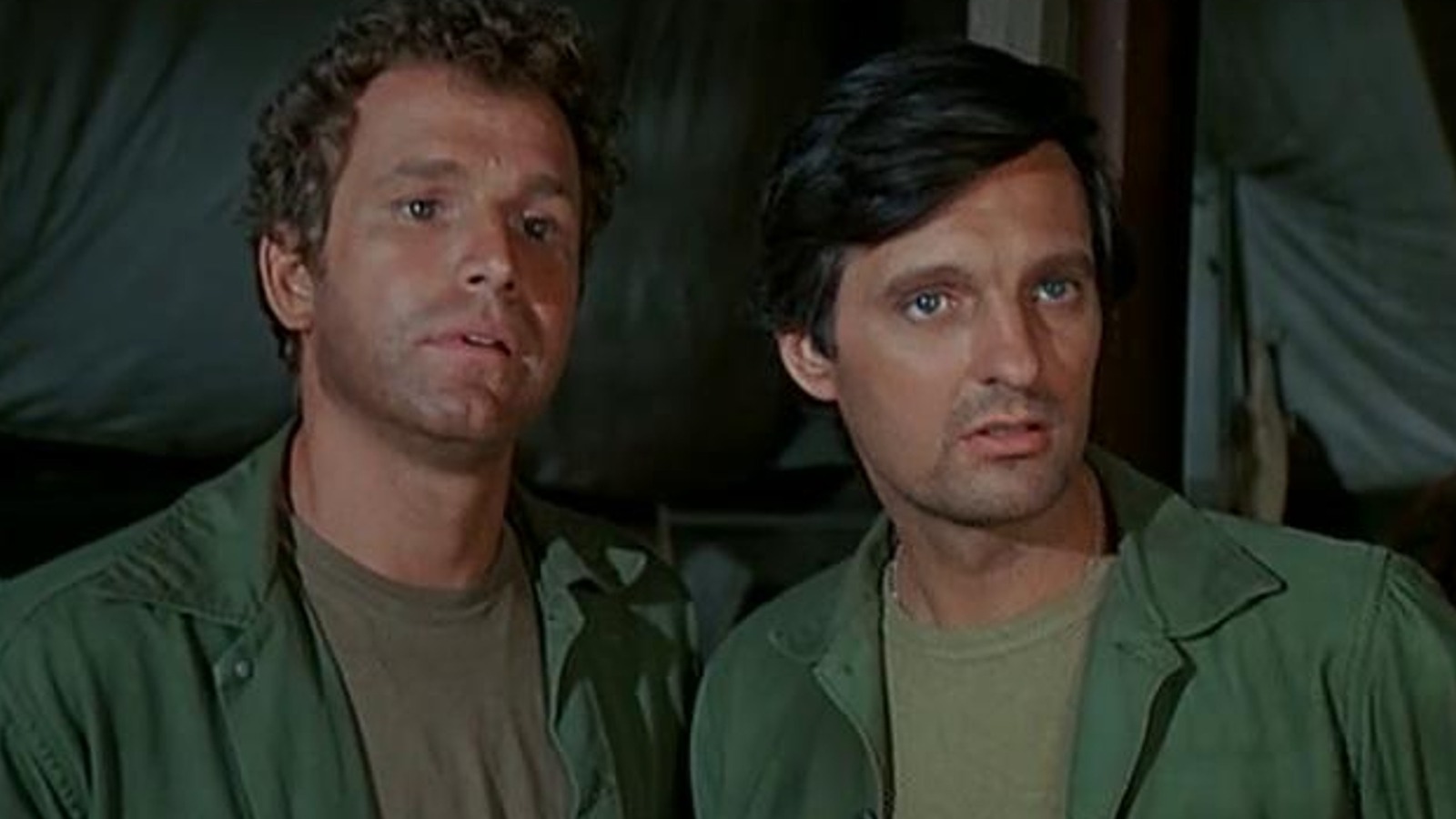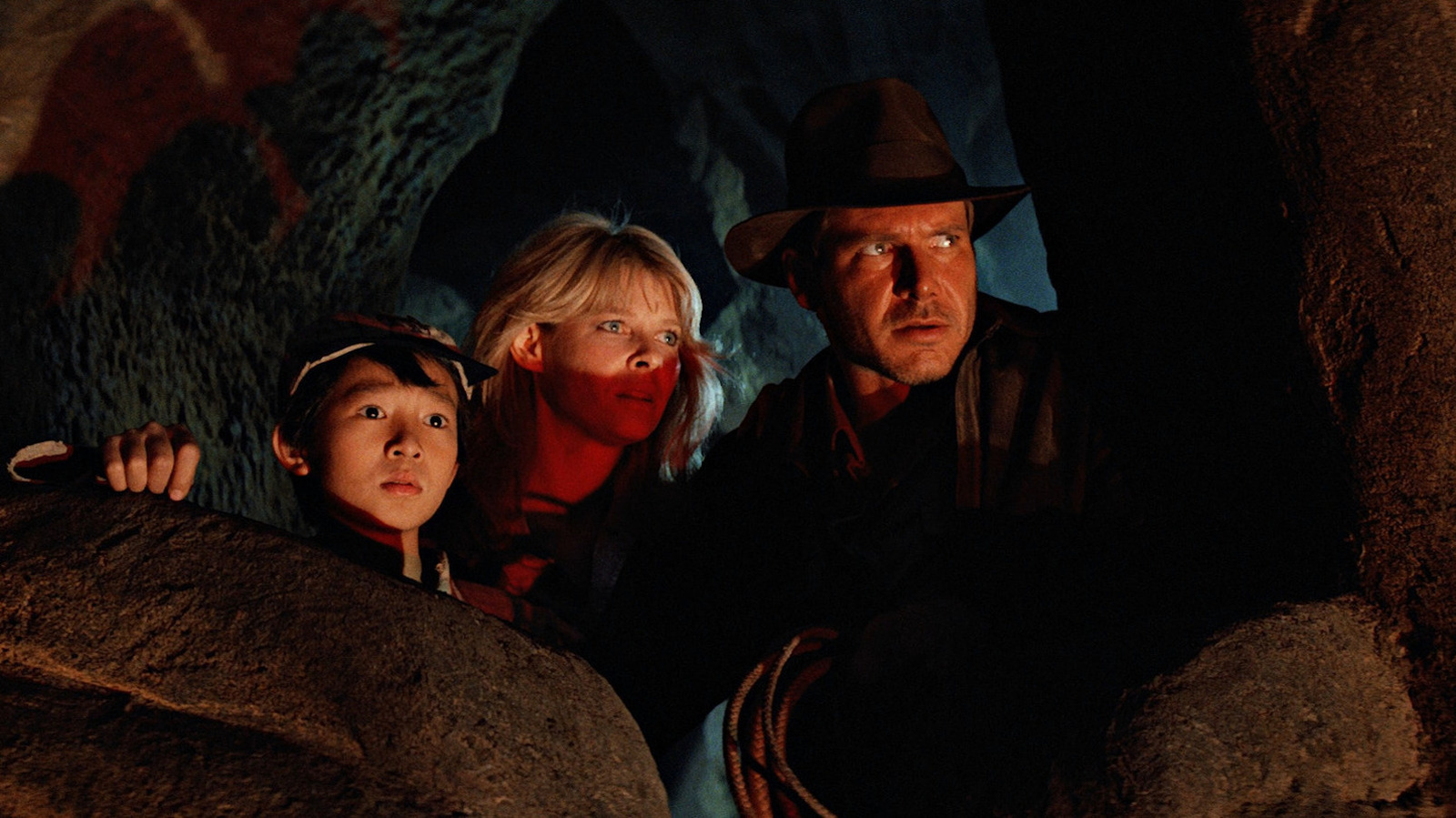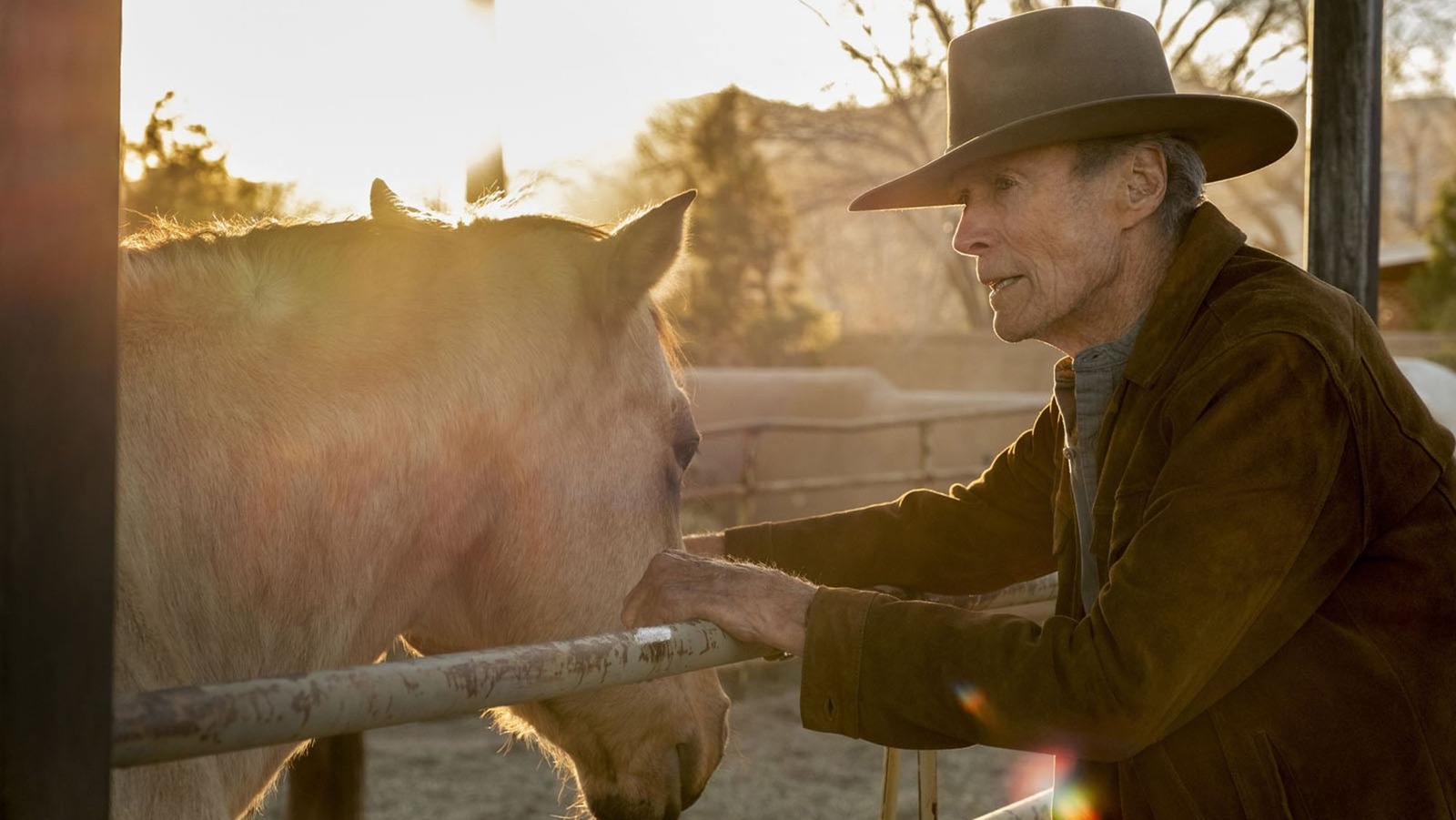As devised by Gene Reynolds and Larry Gelbart, who adapted the show from the movie and books and would serve as executive producers for the first half of the show’s run, “M*A*S*H” was going to be different. It would distinguish itself from sitcoms of the day with its single-camera, cinematic style, and a more subdued laugh track that would disappear for long stretches of time. Even getting the laugh track out of the operating room meant the show would be unique from its peers.
Whether it was the movie or the book, “M*A*S*H” was a hard sell. Both takes on the Korean War were grimly cynical, with none of the charm the television show ultimately extracted from the setting. The book largely used the wartime setting as a jumping-off point for boozy antics, and the movie took that nihilism a step further, fusing the wild behavior of the “meatball surgeons” with the carnage to brutal effect. Robert Altman, director of the 1970 film, was famed over the course of his career for crafting chaotic environments with overlapping dialogue and his penchant for the cacophonous and sprawling. While the movie spoke to anxieties around Vietnam, it did so in an angry, oblique way.
The show would need to take a different approach. Early on in the show’s run, it looked quite a bit like a watered-down take on both previous sides of the franchise. The fun was a bit more family-friendly to hit as many viewers as possible, and the “War is Hell” moralizing had to be relegated to euphemistic dialogue, no room for any of the bloody corpses depicted by Altman. But that tension in the show is what gave it its lasting power – its battle for the soul of America.
Source From: www.slashfilm.com
Source link










